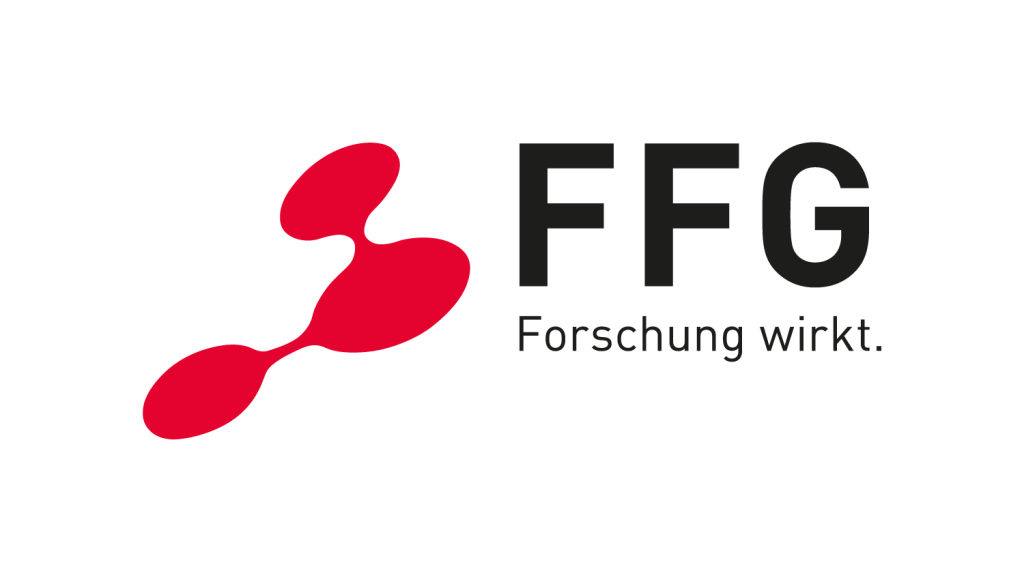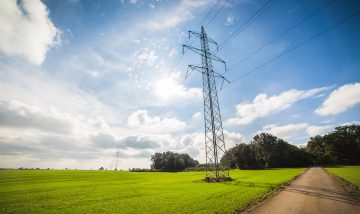POWERCAST: Electrifying impulses for the energy industry of tomorrow
The FFG-funded project POWERCAST aims to increase the cost and supply efficiency of power grids by forecasting and optimizing power loads using AI-powered prediction models.
RISC Software GmbH contributes its expertise in developing new AI models and also takes on the role of consortium leader.
The overarching goal of the project is to facilitate the economically efficient and technically robust integration of large volumes of volatile renewable energy, particularly wind and solar, into Austria’s electricity grid. To this end, a new adaptive AI model is being developed. It integrates several updatable information sources and delivers accurate load forecasts together with insights into key influencing factors.
The need is urgent. Forecasting errors have significantly worsened over the years. Traditional energy system modeling techniques are often too static to account for rapidly changing factors such as photovoltaic (PV) systems and e-mobility. As a result, a growing gap has emerged between model predictions and real-world conditions. This leads to costly, short-term adjustments that ultimately burden energy suppliers and end consumers, especially in energy-intensive sectors.
Urgent need for accurate energy system forecasts
The insufficient accuracy of current forecast models for volatile electricity production, such as wind and solar, leads to significant discrepancies between predicted and actual loads. These discrepancies not only strain grid stability but also result in additional costs for end users.
POWERCAST objectives: Short-term forecasting and grid stability
The following goals are specifically addressed in POWERCAST:
- The first objective is to provide better short-term forecasts for grid operators to conduct daily compliance checks with safety standards, especially the n-1 criterion, which is already critical due to high levels of volatile renewable energy. These forecasts are also crucial for economic efficiency, as they can potentially save millions of euros in balancing energy costs.
- The second objective addresses the issue that many requested PV systems for residential buildings are being rejected by grid operators due to reliability risks from excessive feed-in. These rejections hinder the energy transition and frustrate consumers. A warning system for extreme loads could allow dynamic limitations on feed-in until critical conditions pass. As a benefit, no PV systems would need to be rejected—paving the way for faster PV expansion and accelerating Austria’s renewable energy goals.
In this context, POWERCAST pursues the introduction of a new forecasting paradigm that accounts for the dynamic nature of consumption and production structures in energy systems. It aims to provide forecasting models that can adapt to rapid changes in key factors—both producers and consumers—within the target area and can be transferred to new but similar scenarios and datasets using adaptive artificial intelligence (AI) methods.
Lower energy costs and harness new energy sources
The POWERCAST project has the potential to generate financial benefits and improve the sustainability of the energy system. By developing more accurate forecasting models, system-wide costs can potentially be reduced and renewable energy integration facilitated. The project is aligned with EU goals to significantly increase the share of renewable energy and achieve climate neutrality by 2050 and will help address current and future challenges in power grid optimization.
Partners
The consortium—RISC Software GmbH, LINZ NETZ GmbH, Austrian Power Grid AG, Energy Institute at Johannes Kepler University Linz, and HAKOM Time-Series GmbH—bundles its expertise and resources to ensure the project’s success. It is represented by the Federal Ministry for Climate Action, Environment, Energy, Mobility, Innovation and Technology and funded by the Austrian Research Promotion Agency (FFG) as part of the AI for Green 2023 call. The consortium combines experience and competencies in data management, data analytics, and energy economics and management.


This project is funded by the FFG.

Project Partners





Project Details
- Short Title: POWERCAST
- Full Title: Prediction and Optimization of Power Loads Using AI Forecasting Models for Cost- and Supply-efficient Power Grids
- Call: AI4Green 2023, Focus: Adaptive AI models and situational learning; Energy Transition
- Total Budget: 783,357 Euros
- Duration: 04/2024–03/2027 (36 months)
- Project Partners:
- RISC Software GmbH (Consortium Lead)
- Austrian Power Grid AG
- Energy Institute at Johannes Kepler University Linz
- HAKOM Time Series GmbH
- Linz Netz GmbH
Contact Person
Project Lead

Mag. Stefanie Kritzinger-Griebler, PhD
Head of Unit Data Intelligence
Technical Project Lead

Dominik Falkner, MSc
Data Scientist


